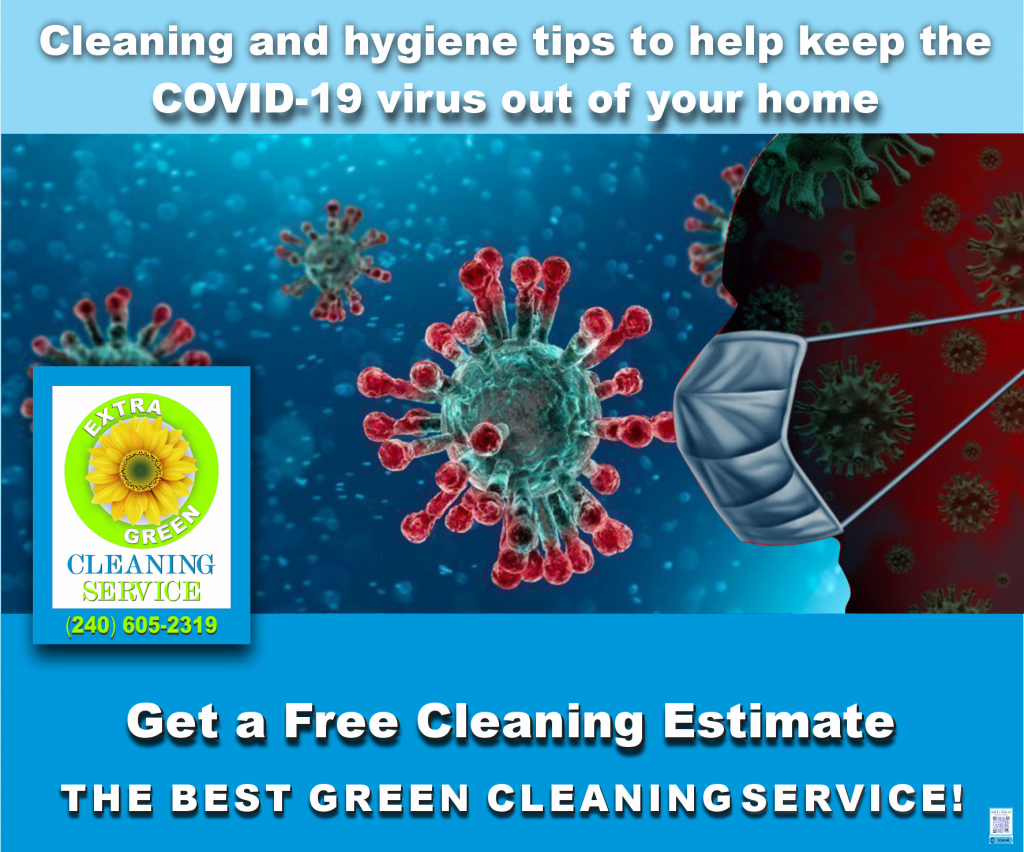WHAT IS VACCINATION?
Vaccination is a simple, safe, and effective way of protecting people against harmful diseases, before they come into contact with them. It uses your body’s natural defenses to build resistance to specific infections and makes your immune system stronger.
Vaccines train your immune system to create antibodies, just as it does when it’s exposed to a disease. However, because vaccines contain only killed or weakened forms of germs like viruses or bacteria, they do not cause the disease or put you at risk of its complications.
Most vaccines are given by an injection, but some are given orally (by mouth) or sprayed into the nose.
WHY IS VACCINATION IMPORTANT?
Vaccination is a safe and effective way to prevent disease and save lives – now more than ever. Today there are vaccines available to protect against at least 20 diseases, such as diphtheria, tetanus, pertussis, influenza and measles. Together, these vaccines save the lives of up to 3 million people every year.
When we get vaccinated, we aren’t just protecting ourselves, but also those around us. Some people, like those who are seriously ill, are advised not to get certain vaccines – so they depend on the rest of us to get vaccinated and help reduce the spread of disease.
During the COVID-19 pandemic, vaccination continues to be critically important. The pandemic has caused a decline in the number of children receiving routine immunizations, which could lead to an increase in illness and death from preventable diseases. WHO has urged countries to ensure that essential immunization and health services continue, despite the challenges posed by COVID-19.More information about the importance of vaccines is available HERE
HOW DOES A VACCINE WORK?
Vaccines reduce risks of getting a disease by working with your body’s natural defenses to build protection. When you get a vaccine, your immune system responds. It:
Recognizes the invading germ, such as the virus or bacteria.
Produces antibodies. Antibodies are proteins produced naturally by the immune system to fight disease.
Remembers the disease and how to fight it. If you are then exposed to the germ in the future, your immune system can quickly destroy it before you become unwell.
The vaccine is therefore a safe and clever way to produce an immune response in the body, without causing illness.
Our imune systems are designed to remember. Once exposed to one or more doses of a vaccine, we typically remain protected against a disease for years, decades or even a lifetime. This is what makes vaccines so effective. Rather than treating a disease after it occurs, vaccines prevent us in the first instance from getting sick.
HOW DO VACCINES PROTECT INDIVIDUALS AND COMMUNITIES?
Vaccines work by training and preparing the body’s natural defences – the immune system – to recognize and fight off viruses and bacteria. If the body is exposed to those disease-causing pathogens later, it will be ready to destroy them quickly – which prevents illness.
When a person gets vaccinated against a disease, their risk of infection is also reduced – so they’re also far less likely to transmit the disease to others. As more people in a community get vaccinated, fewer people remain vulnerable, and there is less possibility for passing the pathogen on from person to person. Lowering the possibility for a pathogen to circulate in the community protects those who cannot be vaccinated due to other serious health conditions from the disease targeted by the vaccine. This is called “herd immunity.”
“Herd immunity” exists when a high percentage of the population is vaccinated, making it difficult for infectious diseases to spread, because there are not many people who can be infected. But herd immunity only works if most people are vaccinated. At the same time, herd immunity does not protect against all vaccine-preventable diseases. For example, tetanus is caught from bacteria in the environment, not from other people, so those who are unimmunized are not protected from the disease even if most of the rest of the community is vaccinated.
WHY SHOULD I GET VACCINATED?
Without vaccines, we are at risk of serious illness and disability from diseases like measles, meningitis, pneumonia, tetanus and polio. Many of these diseases can be life-threatening. WHO estimates that vaccines save between 2 and 3 million lives every year.
Although some diseases may have become uncommon, the germs that cause them continue to circulate in some or all parts of the world. In today’s world, infectious diseases can easily cross borders, and infect anyone who is not protected
Two key reasons to get vaccinated are to protect ourselves and to protect those around us. Because not everyone can be vaccinated – including very young babies, those who are seriously ill or have certain allergies – they depend on others being vaccinated to ensure they are also safe from vaccine-preventable diseases.
VACCINES PROTECT AGAINST MANY DIFFERENT DISEASES, INCLUDING:
Cervical cancer
Cholera
Diphtheria
Hepatitis B
Influenza
Japanese encephalitis
Measles
Meningitis
Mumps
Pertussis
Pneumonia
Polio
Rabies
Rotavirus
Rubella
Tetanus
Typhoid
Varicella
Yellow fever
Some other vaccines are currently under development or being piloted, including those that protect against Ebola or malaria, but are not yet widely available globally.
Not all of these vaccinations may be needed in your country. Some may only be given prior to travel, in areas of risk, or to people in high-risk occupations. Talk to your healthcare worker to find out what vaccinations are needed for you and your family.
SHOULD MY DAUGHTER GET VACCINATED AGAINST HUMAN PAPILLOMAVIRUS (HPV)?
Virtually all cervical cancer cases start with a sexually transmitted HPV infection. If given before exposure to the virus, vaccination offers the best protection against this disease. Following vaccination, reductions of up to 90% in HPV infections in teenage girls and young women have been demonstrated by studies conducted in Australia, Belgium, Germany, New Zealand, Sweden, the United Kingdom and the United States of America.
In studies, the HPV vaccine has been shown to be safe and effective. WHO recommends that all girls aged 9–14 years receive 2 doses of the vaccine, alongside cervical cancer screening later in life.
I DIDN’T VACCINATE MY CHILD AT THE RECOMMENDED TIME. IS IT TOO LATE TO CATCH UP?
For most vaccines, it’s never too late to catch up. Talk to your healthcare worker about how to get any missed vaccination doses for yourself or your child.
WHO CAN GET VACCINATED?
Nearly everyone can get vaccinated. However, because of some medical conditions, some people should not get certain vaccines, or should wait before getting them. These conditions can include:
Chronic illnesses or treatments (like chemotherapy) that affect the immune system;
Severe and life-threatening allergies to vaccine ingredients, which are very rare;
If you have severe illness and a high fever on the day of vaccination.
These factors often vary for each vaccine. If you’re not sure if you or your child should get a particular vaccine, talk to your health worker. They can help you make an informed choice about vaccination for you or your child.
HOW ARE VACCINES DEVELOPED AND TESTED?
The most commonly used vaccines have been around for decades, with millions of people receiving them safely every year. As with all medicines, every vaccine must go through extensive and rigorous testing to ensure it is safe before it can be introduced in a country.
An experimental vaccine is first tested in animals to evaluate its safety and potential to prevent disease. It is then tested in human clinical trials, in three phases:
In phase I, the vaccine is given to a small number of volunteers to assess its safety, confirm it generates an immune response, and determine the right dosage.
In phase II, the vaccine is usually given hundreds of volunteers, who are closely monitored for any side effects, to further assess its ability to generate an immune response. In this phase, data are also collected whenever possible on disease outcomes, but usually not in large enough numbers to have a clear picture of the effect of the vaccine on disease. Participants in this phase have the same characteristics (such as age and sex) as the people for whom the vaccine is intended. In this phase, some volunteers receive the vaccine and others do not, which allows comparisons to be made and conclusions drawn about the vaccine.
In phase III, the vaccine is given to thousands of volunteers – some of whom receive the investigational vaccine, and some of whom do not, just like in phase II trials. Data from both groups is carefully compared to see if the vaccine is safe and effective against the disease it is designed to protect against.
Once the results of clinical trials are available, a series of steps is required, including reviews of efficacy, safety, and manufacturing for regulatory and public health policy approvals, before a vaccine may be introduced into a national immunization programme.
Following the introduction of a vaccine, close monitoring continues to detect any unexpected adverse side effects and further assess effectiveness in the routine use setting among even larger numbers of people to continue assessing how best to use the vaccine for the greatest protective impact. More information about vaccine development and safety is available HERE.
HOW DOES WHO HELP ENSURE VACCINE SAFETY?
THE PUSH FOR A COVID-19 VACCINE
CORONAVIRUS DISEASE (COVID-19): VACCINES
CORONAVIRUS DISEASE (COVID-19): COVID-19 VACCINE RESEARCH AND DEVELOPMENT
CORONAVIRUS DISEASE (COVID-19): COVID-19 VACCINE ACCESS AND ALLOCATION
By WHO
SIGN UP
Stay current on the health and wellness information that makes a difference to you and your family. Join Our Newsletter Now and request a free quote for the best Green House Cleaning at extragreencleaning.com/contact-extra-green-cleaning-services/
#cleaning #housecleaning #greencleaning
